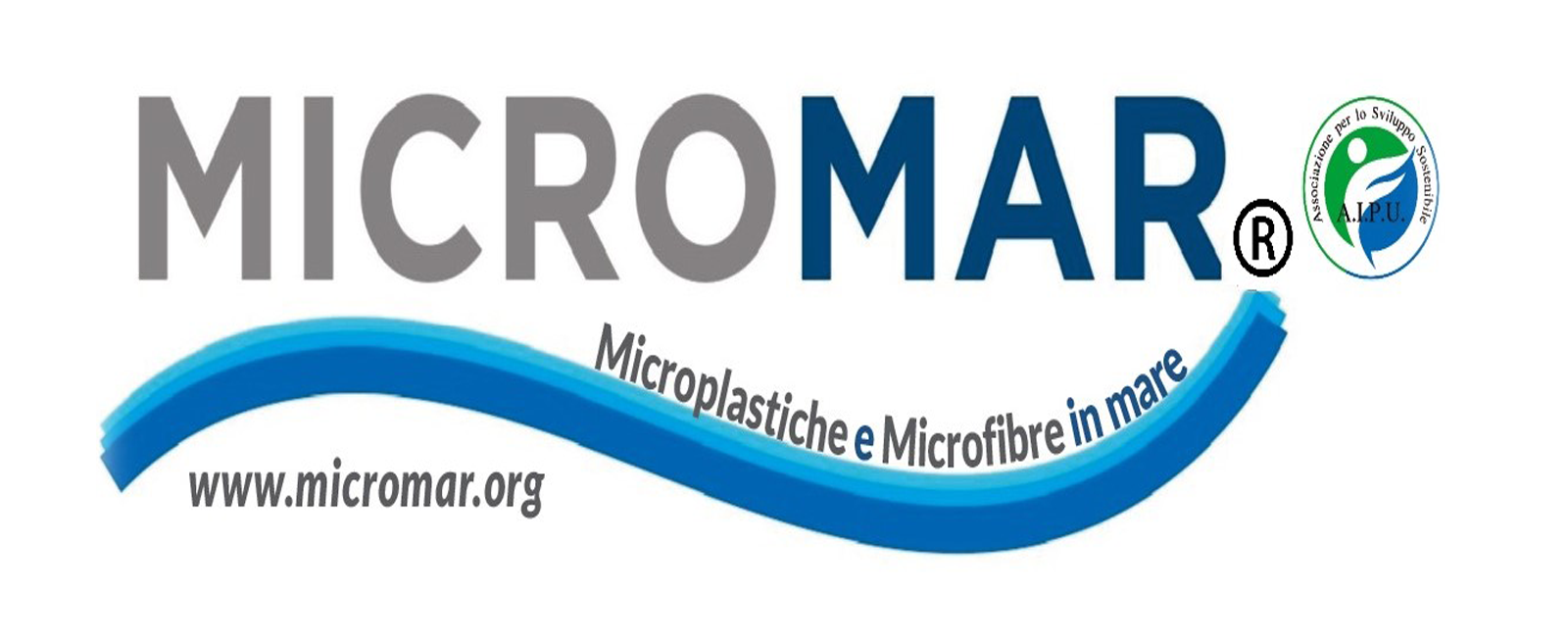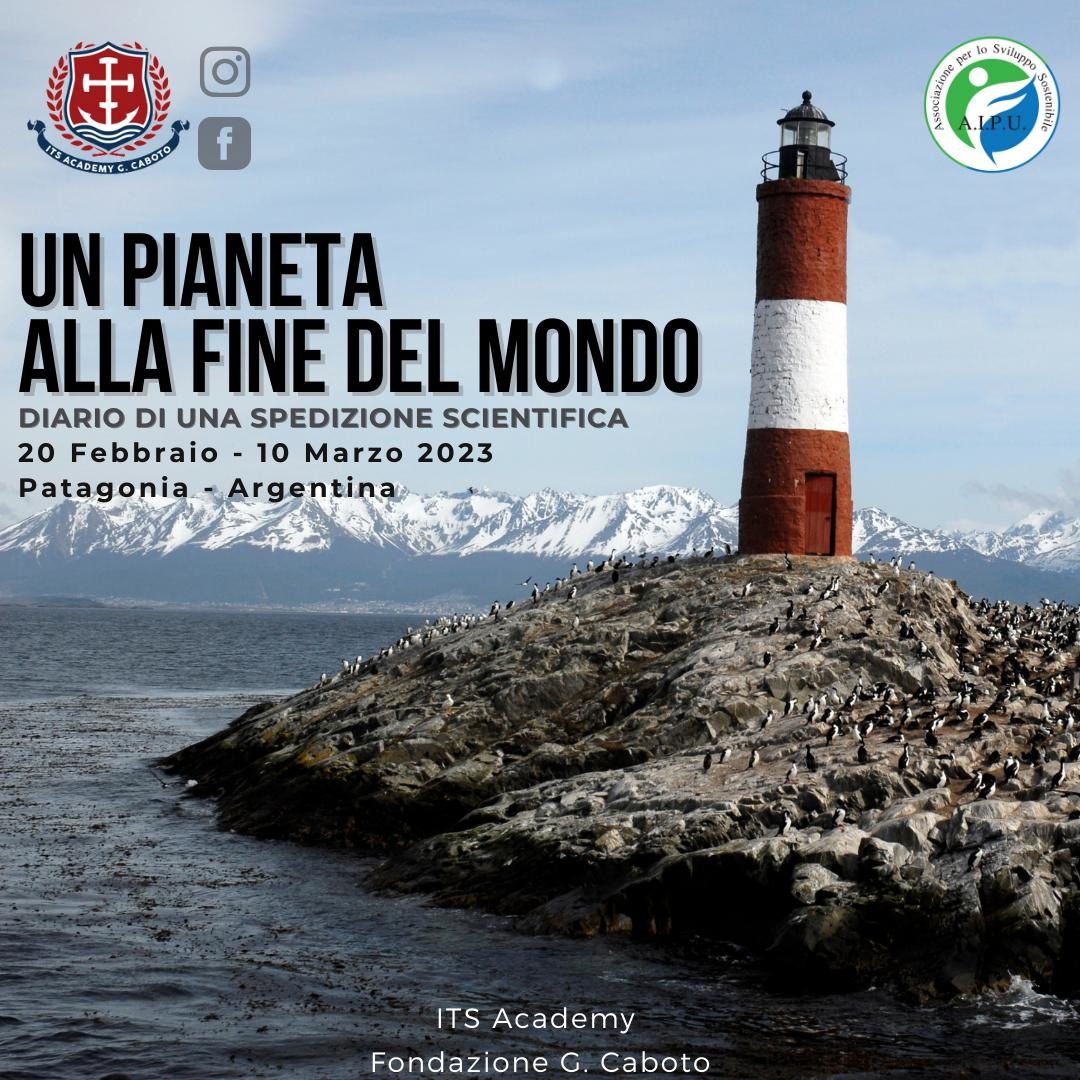The effects of climate change on environmental balances are a burning issue that currently afflicts humanity. The whole world is undergoing changes and these are not comforting. At the edge of the world, where climatic conditions are extreme, the effects of global warming are even more evident and there are those who go to study them to make them available for research. On February 20, Prof. Adriano Madonna, marine biologist, and architect Luigi Valerio will make their second study trip to Argentine Patagonia to verify what is happening at the "end of the world".
Adriano Madonna is a marine biologist of EClab Laboratory of Comparative Endocrinology of the "Federico II" of Naples and professor of Environmental Sciences at the ITS Academy G. Caboto of Gaeta; Luigi Valerio, architect, president of the association for sustainable development A.I.P.U. consultant of the DISTART of the "Federico II" of Naples, he is a curator and disseminator in Italy of the Micromar Project for the study of microplastics in the sea, to which several Italian universities and the Oceanographic Research Institute of San Diego, California adhere.
During the first expedition to Patagonia, in 2018, prof. Madonna and the architect Valerio went as far as the Antarctic Subpolar Circle by traveling the Beagle Channel, in Tierra del Fuego, from Ushuaia, the southernmost city in the world. This time the searches will take place at slightly higher latitudes. There will be a return to the Valdes Peninsula, where, in the Golfo Nuevo, about two thousand whales of the Eubalena australis species arrive every year to give birth. Another destination will be the Iberà Park, a strip of the Mato Grosso forest that borders Brazil on Argentina, where there are interesting species of reptiles, in particular of the order of crocodiles. An important stop will be the Perito Moreno, the largest mobile glacier in the world, where water samples will be taken for the laboratory investigations envisaged by the Micromar Project, which will be sent to San Diego. The expedition will have live connections with the Maiorana Scientific High School in Latina, the Fermi Scientific High School in Gaeta, the Nautical Institute of Gaeta, the ITS Academy G. Caboto in Gaeta and some schools in the Bahamas and the Maldives. There will be live connections with the Rai1 program Unomattina.
A long way to go, therefore, but our researchers are accustomed to somewhat extreme undertakings and certainly this time too they will return with excellent study material. We wish them a safe journey.


 English (United Kingdom)
English (United Kingdom)  Italiano (it-IT)
Italiano (it-IT) 